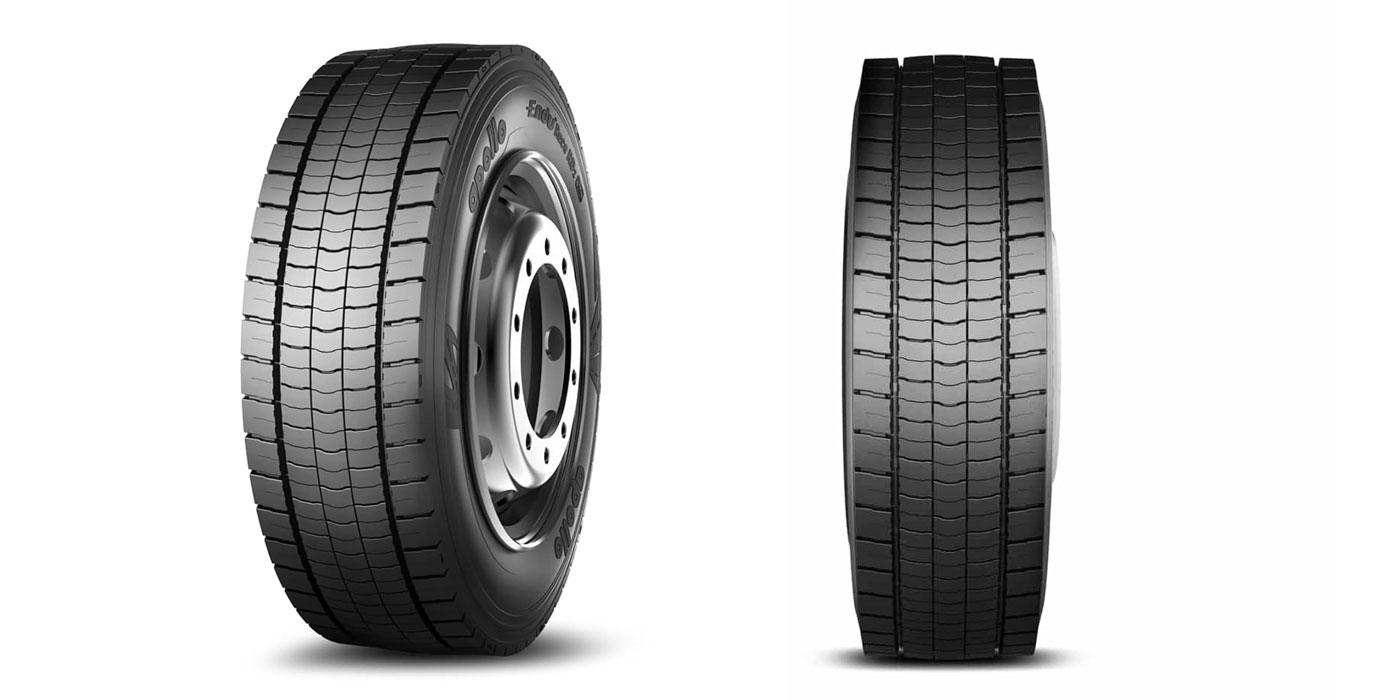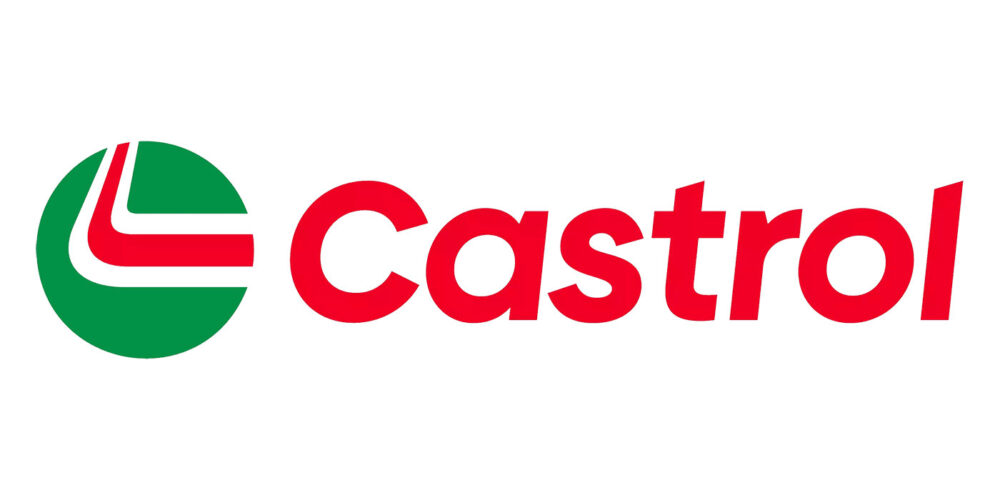A prominent actress recently stated she is against fracking in the state of New York because it contaminates the ground water. A late-night comedian commented that oil and gas speculators had ruined the ground water in the Northeast by pumping “toxic chemicals” (water and CO2?) into our underground aquifers.
Here are the facts. Ground water aquifers are relatively close to the surface. Gas and oil deposits are thousands of feet below them. The EPA recently completed a comprehensive study of the ground water in areas adjacent to the Marcellus shale formation. They found no evidence that fracking had any effect on the quality of the ground water.
Some well-meaning, but uninformed environmental activists forced President Obama to delay the Keystone XL pipeline without concern for the consequences. The Department of Energy (DOE) recently reported that BNSF Railways moved 241,000 barrels of crude out of the Bakken the first six months of the year versus 174,000 loads during the same period of time a year earlier. On average, it costs twice as much to ship by rail as it does by pipeline.
Oil refiners and marketers don’t care, they just add the freight charges to the cost of products and pass the total bill on to the user. Politicians don’t care unless complaints from their constituents might cost them votes in the next election.
With the advent of fracking, the U.S. now has proven oil and gas reserves on par with the 1980s. The DOE recently estimated our proven reserves to be 430 billion barrels (the U. S. currently uses approximately 6 billion barrels per year). We wouldn’t need to import crude or oil products from anyone in the world for 50 years if the necessary pipelines and refineries were available. If the U. S. was energy self-sufficient, we could save the approximately $453 billion per year we currently spend importing oil.
Alternate fuels activity has diminished due to low fuel prices and the slow economy. I just learned that U.S. ethanol producers are sitting on 800,000 gallons of corn-based ethanol. It seems they anticipated corn crop failures due to the hot, dry weather this summer and bought up 40% of the corn crop before prices began climbing. Because our economy hasn’t recovered significantly, these ethanol producers are crying the blues due to slow sales. I know I will certainly feel sorry for them when eating my overpriced chicken, corn flakes and beef this winter.
Biodiesel producers finally are being investigated for renewable identification number (RIN) fraud. RIN numbers are supposed to identify each batch of biofuel produced. Several operators allegedly issued RIN numbers to fuel marketers to satisfy their renewable fuel volume requirements without producing a drop of renewable fuel. Congress asked the EPA to investigate this fraudulent activity.
The CEO of Absolute Fuels was arrested July 23 for selling 48 million fraudulent RIN credits for over $50 million in 2010 and 2011. Last month, Rodney Hailey, owner of Clean Green Fuels, was convicted of similar fraud. The offices of Greenworks Holding were raided last week, but owner Phillip Rivkin was in Europe. RIN fraud is so prevalent that two companies are now in the business of RIN verification services. This only increases fuel costs.
I’d like to give fleet operators good news about diesel fuel prices, but I can’t. A pipeline failure and the fire at Chevron’s refinery disrupted fuel distribution sufficiently to significantly increase prices for the next few months. Since we only have 128 operating refineries (there used to be 155.) and insufficient pipelines, producers can’t recover volume losses quickly.













